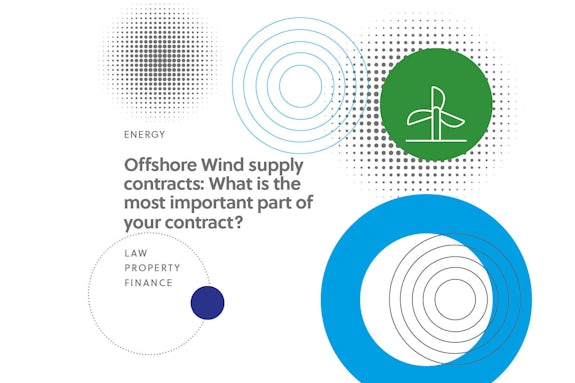Different people focus on different elements
When drafting or reviewing contracts, people with different job roles will tend to focus on different areas of the contract.
- Commercial guys hone in on price, incentives
- Lawyers can be dogmatic about apportionment of risk, liabilities, warranties
- Engineers / operational managers will often focus on the work scope
- Logistics teams will be hot on timing, delivery, milestones
Which is the most important?
Of course, each of these ingredients is crucial to the overall picture, but is there a part of your contract that is the most important? The best answer is that it depends on the circumstances.
However, something that is often overlooked is exactly that point – the overall picture.
Someone has to tie all of these threads together to ensure that it all works. It is not good enough to have 3 or 4 or more people pouring over each of these elements in isolation.
Being an expert in commercial contracts doesn’t mean that I have an in-depth knowledge of the engineering process of your product or service. However, in reviewing your contract I cannot simply ignore the work scope or the specification.
It’s a team game
It is hugely important that I work closely with you to understand that the work scope and/or specification reflects the reality of what has been agreed to be supplied and more crucially, that it is capable of being supplied in the quantities and in the time frame provided for.
Equally, I need to be working with members across your team to ensure the commercial deal, risk management, liabilities, delivery terms, milestones, etc. all tie in together to ensure that your contract is fit for purpose across each of these elements. It is my job to ensure the contract works in its entirety as well as keeping you in tune and fully advised on what you are signing up for to ensure you understand what the risks are and to protect and mitigate against those risks.
Conclusion
- Each part of your contract is important
- Don’t allow your contract to be reviewed separately in silos
- Make sure that it all ties together and reflects what has been agreed and what is capable of being delivered
If you would like further information on the topic discussed in this blog, please contact Calum Crighton either by email: ccrighton@gilsongray.co.uk or by phone: 01224 011687 / 07841 920101.








